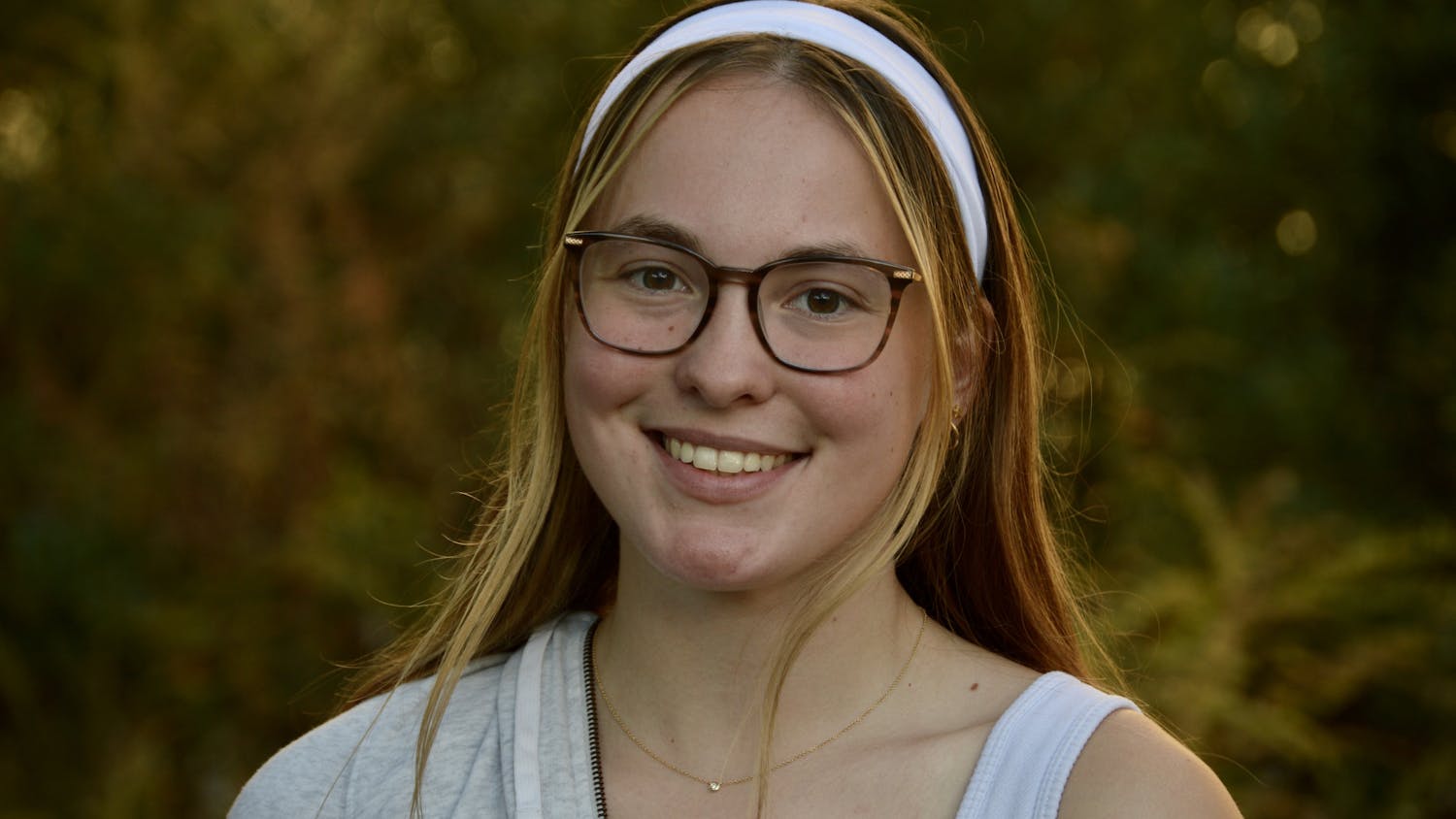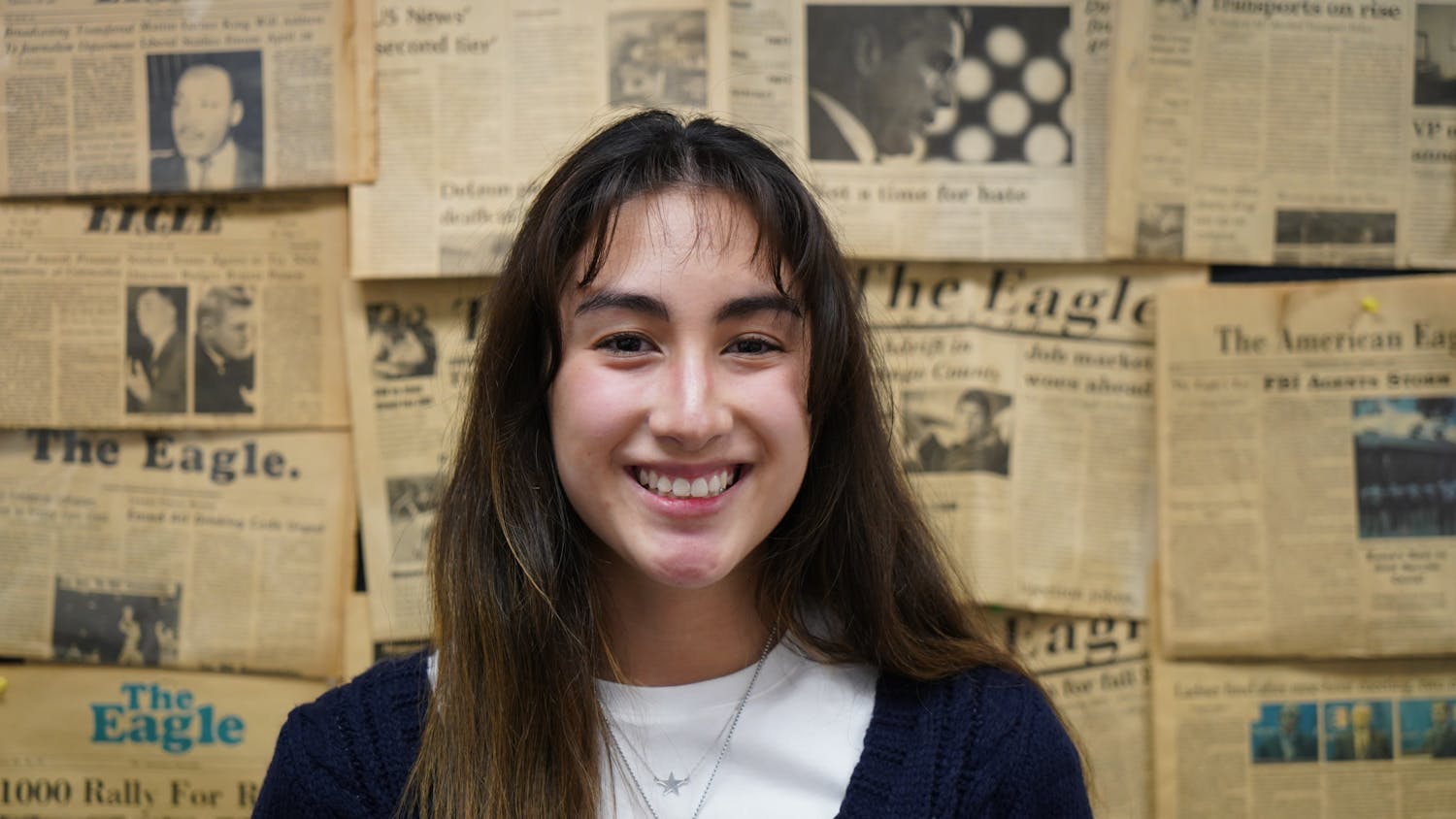Reporting on the news means directly engaging with culture. Social values shape what journalists decide to call news and how they investigate it. Because journalism is perceived as a series of objective facts rather than a cultural context, journalists are responsible for creating and reinforcing particular social values.
The Eagle’s coverage of Dr. Adrienne Pine’s decision to breast-feed her child in class may seem like a simple report on campus life. The investigation, however, reveals how society understands gender relations.
We consider Dr. Pine breast-feeding her child to be news because our society has socialized us to believe that breast-feeding is inappropriate and sexually explicit. Body parts aren’t inherently sexual. Rather, our society assigns body parts a sexual value.
Even though breast-feeding has been done for thousands of years and is a natural function of life, we are taught that breasts exist as sources of sexual arousal. This view is indicative of how society objectifies women’s bodies. They are seen as erotic, even when being used to perform a natural task.
Our society teaches us a lot about how to treat women’s bodies. They are routinely seen as sexual objects and available to public discussion. We can turn on the news and hear politicians debating abortion, women’s reproductive rights and contraception.
We live in a society that permits and encourages us to discuss women’s bodies as if we owned them, as if they were our bodies to debate.
However, bodies are private. I wouldn’t want you to touch my body without permission. And I wouldn’t want you to talk about my body to somebody else behind my back — even if I was in public — because it’s my property. If I haven’t done anything wrong, then you cannot publish an article about my body because it doesn’t belong to you.
The Eagle decided to investigate a story about Dr. Pine’s body because our society teaches us that women’s bodies belong to the public. We’re taught that women have no privacy when it comes to their bodies and that they exist within the public domain.
I’m not debating whether or not Dr. Pine was professional when she breast-fed her child in class. I argue that by investigating Dr. Pine, the Eagle has directly reinforced several social values here on AU’s campus. Their attention sends the message that breast-feeding is newsworthy because women’s bodies are sexual. It tells AU women that their bodies are not truly private, and that we don’t need their permission to discuss them.
Publishing an article about Dr. Pine sent a loud message about gender relations on AU’s campus. The message, embodied by our social norms and reinforced by The Eagle, is something we are all accountable for challenging.
Derek Siegel is a sophomore in the College of Arts and Sciences.
edpage@theeagleonline.com




